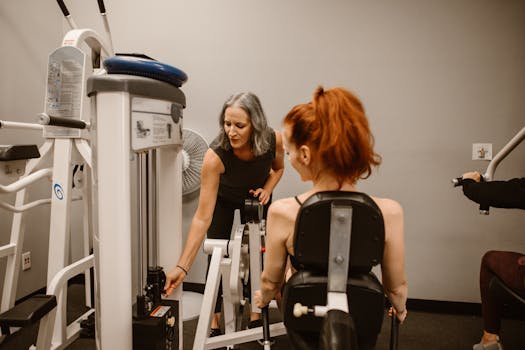This role is open to graduates from all subjects. It can be particularly useful to do a foundation degree, higher national diploma or degree in:
- business studies
- communications
- psychology
- education and training
- human resources management
You could also study for a postgraduate qualification accredited by the Chartered Institute of Personnel and Development. Most degree subjects are accepted for entry.
Entry requirements
You'll usually need:
- 1 or 2 A levels, or equivalent, for a foundation degree or higher national diploma
- 2 to 3 A levels, or equivalent, for a degree
- a degree in any subject for a postgraduate course


